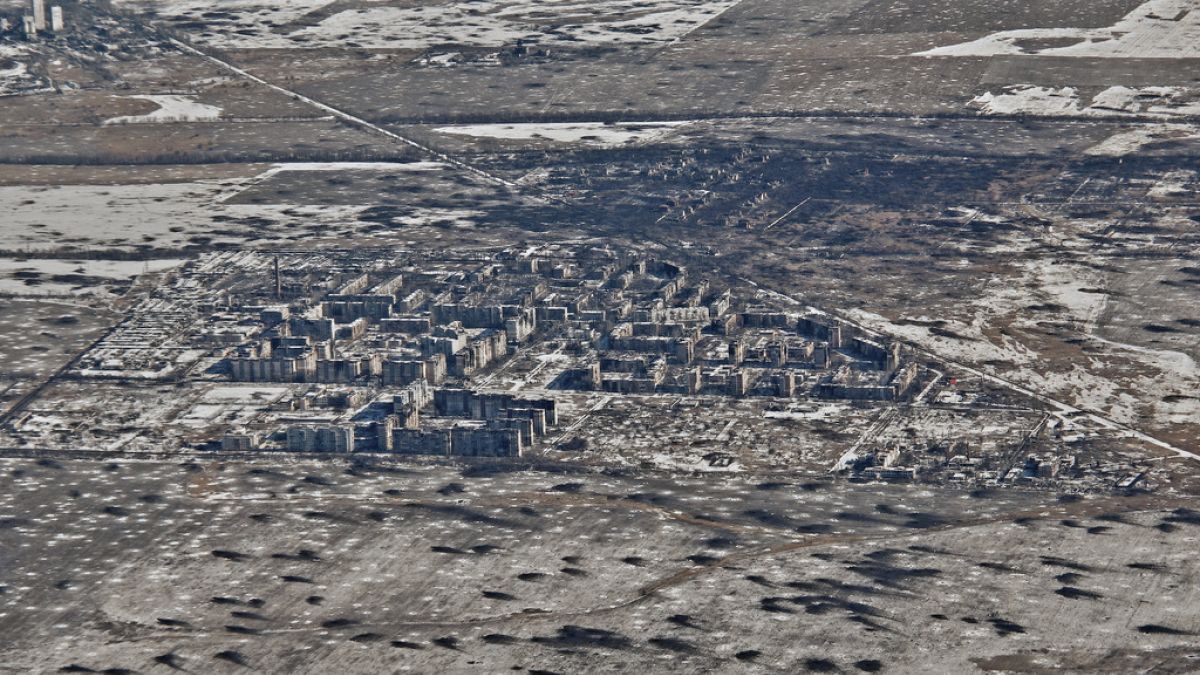The recent fall of the Ukrainian stronghold in Vuhledar, Donetsk region, to the Russian offensive has raised questions about the future of the Russian invasion of Ukraine. Ukrainian forces have withdrawn from the town after resisting multiple attacks over the past two years, leaving Russian troops in control. The scale of Ukrainian casualties is still unknown, but an orderly withdrawal likely helped avoid greater losses. The Russian forces will now focus on clearing the town and using it as a strategic position for future assaults. However, it is uncertain if they will make rapid gains beyond Vuhledar in the immediate future. The Institute for the Study of War (ISW) believes that the seizure of Vuhledar may not significantly impact the ongoing offensive operations in the western parts of the Donetsk region.
The town of Vuhledar holds strategic importance due to its location between the eastern and southern fronts. Controlling Vuhledar would benefit Russian forces by improving their railway logistics and potential advance further. However, the primary target for Moscow remains the town of Pokrovsk, located north of Vuhledar. Advancing across open terrain during the upcoming mud season could complicate matters for Russian forces, as the muddy roads and fields may make mechanized assaults challenging. Ukrainian military command might have considered the weather aspect when deciding to withdraw from Vuhledar. The frozen ground in about a month in the southern part of Ukraine’s Donetsk region could favor future advances for Russian forces.
Russian troops have been trying to capture Vuhledar since the start of the full-scale invasion in early 2022. Despite facing resistance from Ukrainian forces, Moscow’s troops finally succeeded in entering the town from various directions. The situation was described as “very difficult” by Donetsk regional governor Vadym Filashkin, as Russian forces neared the city center. The Khortytsia army group officially announced the withdrawal of Ukrainian forces from Vuhledar to save personnel and military equipment. The 72nd Mechanised Brigade had defended the town for nearly two years, and though the casualties are still unknown, an organized withdrawal likely minimized the losses.
The recent developments in Vuhledar highlight the ongoing conflict between Russia and Ukraine, with Russian forces gaining ground in the Donetsk region. The fall of the Ukrainian stronghold has raised concerns about the future of the Russian invasion and the potential for further advances. Moscow’s primary focus remains on capturing strategic towns like Pokrovsk, which could impact the course of offensive operations in the region. The control of Vuhledar provides logistical advantages to Russian forces, but the upcoming mud season and difficult terrain could pose challenges for future advances. The weather conditions and timing of Russian military decisions will be crucial in determining the next steps in the conflict.











